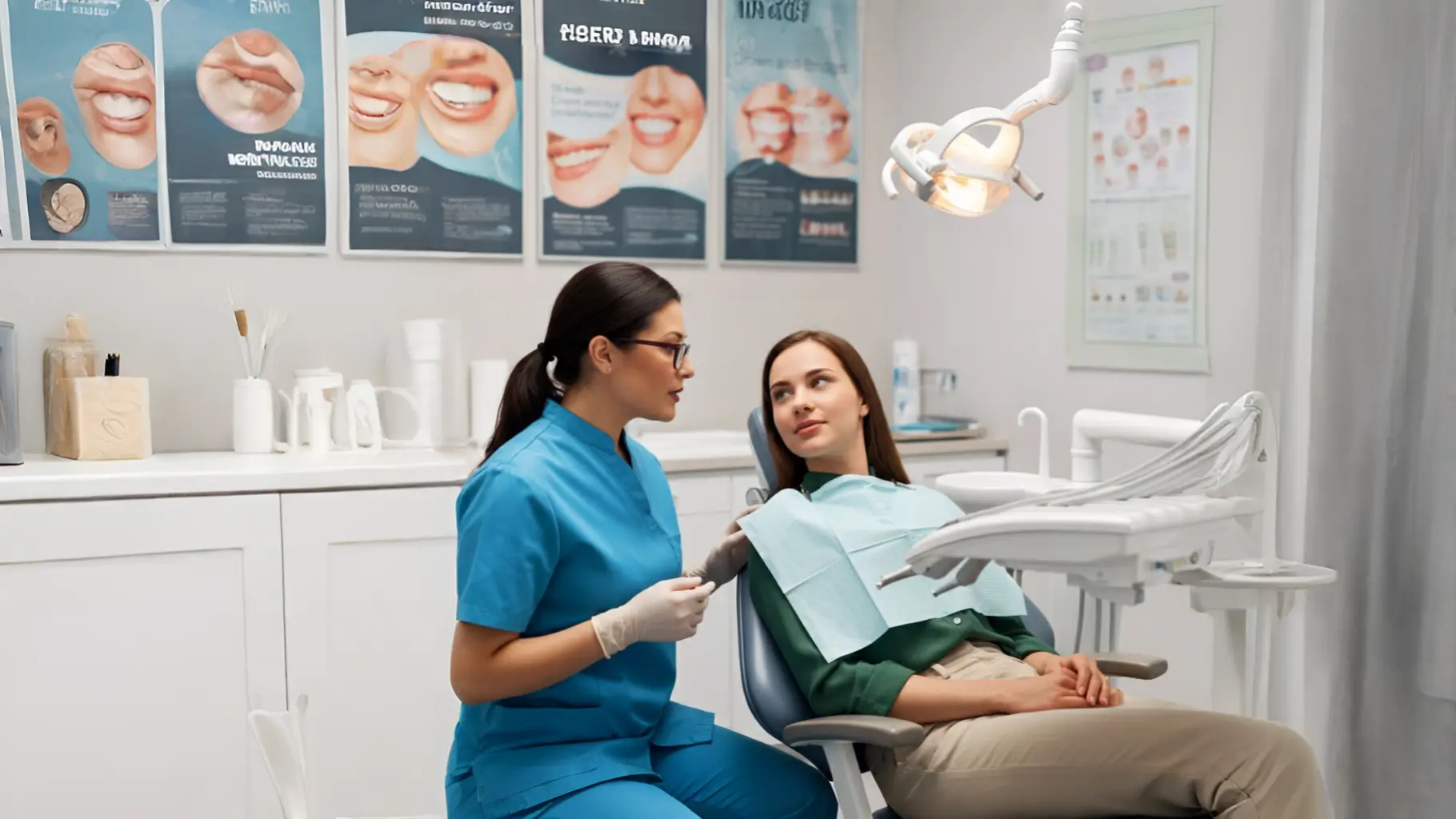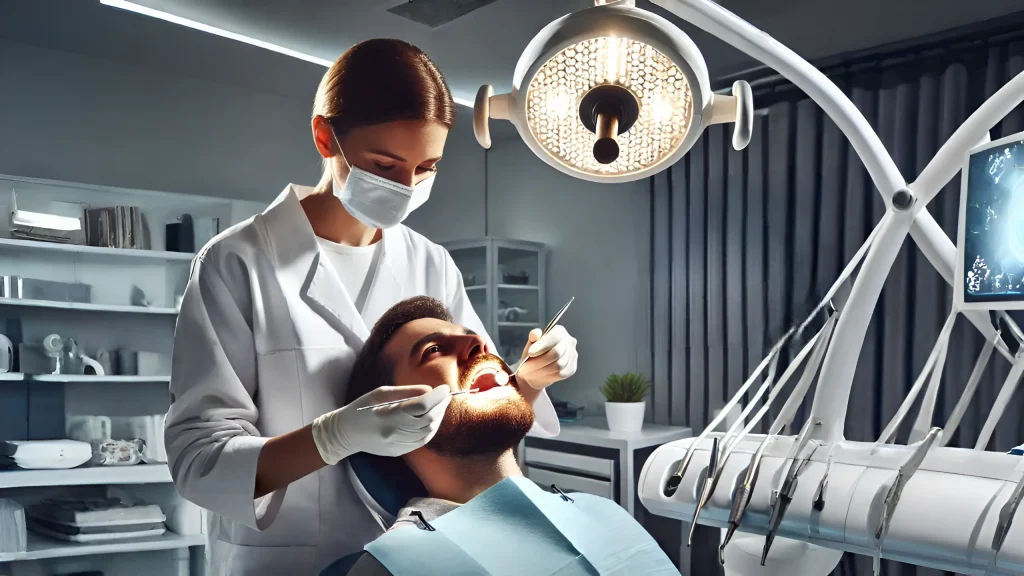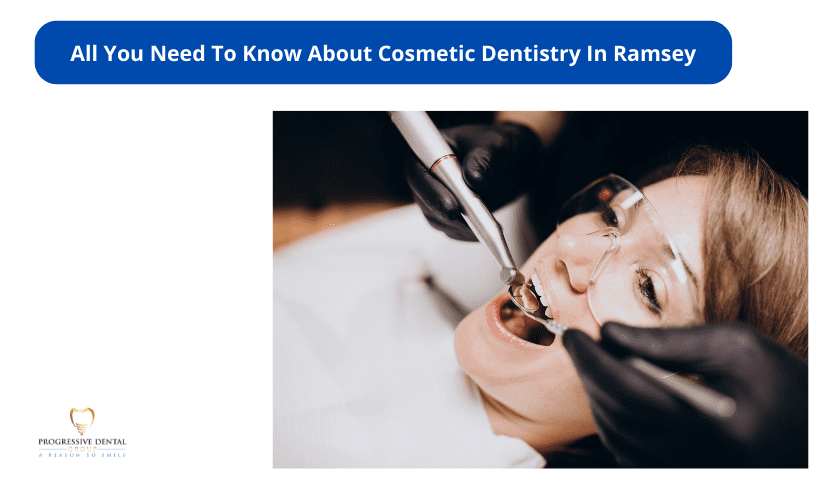Everything You Need to Know About Tooth Extraction: Procedure, Recovery, and Care: Hackensack, New Jersey
Tooth extraction might sound scary, but it’s a common dental procedure that millions of people go through every year. Whether it’s due to a damaged tooth, overcrowding, or gum disease, extracting a tooth can relieve pain and prevent bigger problems down the road. At Prodental Hackensack, NJ, we specialize in making this process as smooth and comfortable as possible. In this guide, we’ll walk you through everything you need to know about tooth extraction – what it is, why it’s done, how it works, and how to recover quickly.
What Is Tooth Extraction?
Tooth extraction is when a dentist or oral surgeon removes a tooth from its socket in your jawbone. It’s a straightforward procedure, but it’s usually done only when other treatments, like fillings or root canals, can’t save the tooth. At Prodental Hackensack, NJ, our goal is to keep your natural teeth whenever possible, but sometimes extraction is the best option for your health.
Refer Wikipedia about Tooth Extraction(Dental extraction)
Tooth extractions have been around for centuries, and today’s methods are safer and more comfortable than ever. With modern tools and anesthesia, you can expect a quick procedure with minimal discomfort.

Why You Need a Tooth Extraction?
There are many reasons why a dentist might recommend pulling a tooth. Here are the most common ones:
- Severe Tooth Decay: If a cavity gets too deep and damages the tooth beyond repair, extraction might be necessary.
- Gum Disease: Advanced periodontal disease can loosen teeth, making them impossible to save.
- Crowded Teeth: Sometimes, teeth need to be removed to make space for braces or other orthodontic work.
- Impacted Wisdom Teeth: Wisdom teeth often don’t have enough room to grow properly, causing pain or infection.
- Broken or Cracked Teeth: If a tooth is too damaged to fix with a crown or filling, it may need to come out.
- Infection: An abscess or serious infection that doesn’t respond to antibiotics could require extraction.
No matter the reason, Prodental Hackensack, NJ, will explain why extraction is the best choice for you and what to expect.
Types of Tooth Extractions
Not all tooth extractions are the same. There are two main types, depending on the tooth’s condition and position:
Simple Extraction
This is done when the tooth is visible above the gum line. The dentist uses tools to gently loosen and pull the tooth out. It’s quick and usually done with local anesthesia to numb the area.
Surgical Extraction
This is a bit more complex and is needed for teeth that are broken, below the gum line, or impacted (like wisdom teeth). An oral surgeon makes a small cut in the gum to remove the tooth, sometimes in pieces. You might get sedation along with local anesthesia for comfort.
Both types are routine at Prodental Hackensack, NJ, and we’ll guide you through the process step-by-step.
How Is a Tooth Extraction Performed?
The extraction process is simple, but it’s normal to feel curious or nervous. Here’s what happens:
- Examination: Your dentist will check your tooth, take X-rays, and review your health history.
- Anesthesia: You’ll get local anesthesia to numb the area. For surgical extractions, sedation options like nitrous oxide or IV sedation might be offered.
- Extraction: For a simple extraction, the dentist uses an elevator to loosen the tooth and forceps to remove it. For a surgical extraction, the surgeon cuts the gum, removes the tooth, and may stitch the area closed.
- Aftercare: You’ll get gauze to bite on to stop bleeding and instructions for home care.
The whole procedure usually takes 20-40 minutes, depending on the tooth and type of extraction.
What to Expect Before, During, and After
Before
You’ll have a consultation with your dentist at Prodental Hackensack, NJ Tell them about any medications or health conditions you have. You might need to avoid eating for a few hours if sedation is planned.
During
You won’t feel pain thanks to the anesthesia, but you might feel pressure as the tooth is removed. The team will keep you comfortable and informed throughout.
After
Some swelling, mild pain, and bleeding are normal for a day or two. We’ll give you detailed aftercare tips to heal fast and avoid problems.

Recovery Tips for Tooth Extraction
Healing well after a tooth extraction is key to avoiding complications. Here’s how to recover quickly:
- Rest: Take it easy for 24-48 hours. Avoid heavy lifting or exercise.
- Ice It: Use an ice pack on your cheek to reduce swelling for the first day.
- Eat Soft Foods: Stick to yogurt, soup, or mashed potatoes for a few days. Avoid hard or crunchy foods.
- Keep It Clean: Don’t brush the area for the first day, but rinse gently with saltwater after 24 hours.
- No Smoking: Smoking can slow healing and cause a painful condition called dry socket.
Most people feel back to normal in 3-7 days, though full healing of the socket can take a few weeks.
Possible Risks and Complications
Tooth extraction is safe, but like any procedure, there are small risks:
- Dry Socket: This happens if the blood clot in the socket comes loose, exposing bone. It’s painful but treatable.
- Infection: Rare, but possible if bacteria get into the site. Antibiotics can fix it.
- Nerve Damage: Very uncommon, but it can cause numbness in the lips or tongue temporarily.
At Prodental Hackensack, NJ, we take every step to lower these risks and monitor your recovery.
How to Care for Your Mouth After Extraction
Good aftercare keeps your mouth healthy and speeds up healing. Follow these tips:
- Bite on gauze for 30-60 minutes to stop bleeding.
- Take prescribed pain relievers or over-the-counter meds as needed.
- Avoid straws, spitting, or anything that could dislodge the clot for at least 48 hours.
- Sleep with your head elevated to reduce swelling.
We’ll give you a full list of instructions tailored to your case.
When to Call Your Dentist
Most recoveries are smooth, but call Prodental Hackensack, NJ if you notice:
- Heavy bleeding that doesn’t stop after a few hours.
- Severe pain that gets worse instead of better.
- Fever or signs of infection (pus, bad taste).
- Swelling that increases after 2-3 days.
We’re here to help if anything feels off.
Why Choose Prodental Hackensack, NJ for Your Tooth Extraction?
If you’re in Ramsey, New Jersey, or Hackensack New Jersey you’re in luck! We have highly skilled dentists who specialize in Tooth Extraction. With state-of-the-art technology and a commitment to patient care, Prodental Ramsey dentists can provide you with a comfortable and effective treatment experience.
Book Your Consultation Today! at Prodental Ramsey, NJ or Prodental Hackensack, NJ
If you’re considering Tooth Extraction, don’t wait any longer. A consultation with a trusted dentist in Prodental Ramsey, NJ, or Prodental Hackensack, NJ, can help you determine the best treatment plan for your needs. Whether you’re looking to Tooth Extraction, repair a damaged tooth or replace missing teeth, crowns and bridges can provide a long-lasting solution that improves both your oral health and your confidence.
Call us today to schedule your consultation! Let us help you achieve the healthy, beautiful smile you deserve.
FAQs About Tooth Extraction
1. Does tooth extraction hurt?
No, you won’t feel pain during the procedure because of anesthesia. Afterward, mild discomfort is normal and manageable with medication.
2. How long does it take to recover?
Most people recover in 3-7 days, but the socket heals fully in a few weeks.
3. Can I eat normally after extraction?
Not right away. Stick to soft foods for a few days and avoid chewing near the site.
4. Will I need stitches?
Stitches are common with surgical extractions but not always needed for simple ones. They usually dissolve on their own.
5. How much does a tooth extraction cost?
Costs vary depending on the type (simple or surgical) and insurance. Contact Prodental Hackensack, NJ for a personalized quote.
6. Can I drive home after?
If you only had local anesthesia, yes. With sedation, you’ll need someone to drive you.
Tooth extraction doesn’t have to be stressful. At Prodental Hackensack, NJ , we’re committed to making it a comfortable experience with expert care. Whether it’s a simple pull or a surgical procedure, we’ve got you covered from start to finish. Ready to get started or have more questions? Reach out to us today!









